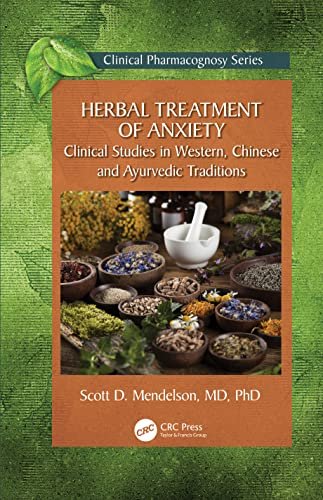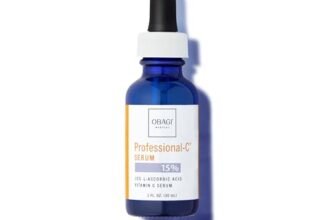
Aromatherapy uses essential oils to boost health and well-being. But how does it actually affect your brain?
Aromatherapy is more than just pleasant scents; it has a scientific basis. Essential oils interact with your brain through the limbic system, which controls emotions and memory. This interaction can promote relaxation, reduce stress, and improve mood. For instance, lavender oil is known to calm the mind, while peppermint oil can enhance alertness.
Understanding the science behind aromatherapy helps us see its potential benefits beyond just a nice fragrance. Explore how these natural oils can impact your mental state and overall well-being. This blog post delves into the fascinating connection between aromatherapy and brain function, providing insight into why these scents have such powerful effects.
Buying Guide On “the Science Behind Aromatherapy: How It Affects Your Brain”
the science behind aromatherapy: how it affects your brain – buying guide
1. Aromatherapy involves essential oils from plants. These oils impact your brain.
understanding aromatherapy
2. Essential oils are key. They come from various plants.
3. Inhaling these oils stimulates brain function. They affect mood and health.
choosing the right essential oils
4. Different oils have different effects. Choose based on your needs.
5. Lavender helps with relaxation. Peppermint boosts energy.
6. Research each oil. Understand its benefits and uses.
quality matters
7. Pure oils offer better results. Avoid synthetic options.
8. Check labels for purity. Look for 100% essential oil.
9. Trusted brands are usually safer. Do some research.
methods of use
10. Diffusers spread the scent. They are easy to use.
11. Direct inhalation is another method. Smell the oil straight from the bottle.
12. Topical application is common too. Mix with a carrier oil first.
safety tips
13. Always dilute essential oils. They can be strong.
14. Test a small skin area first. Check for reactions.
15. Avoid certain oils during pregnancy. Research safe options.
storing your oils
16. Store in dark glass bottles. Light can degrade oils.
17. Keep them in a cool place. Heat affects quality.
18. Tighten caps after use. Exposure to air reduces effectiveness.
benefits of aromatherapy
19. Aromatherapy can reduce stress. It promotes relaxation.
20. Certain oils improve focus. They enhance mental clarity.
21. Some oils boost immune function. They support overall health.
final thoughts
22. Aromatherapy is a natural way to enhance well-being. Choose wisely.
23. Experiment with different oils. Find what works best for you.
Conclusion
Aromatherapy is more than just pleasant scents. It directly influences our brain and emotions. Essential oils interact with our limbic system. This system controls mood, memory, and behavior. Lavender can reduce stress. Peppermint might improve focus. Scents like eucalyptus can aid relaxation.
The science behind aromatherapy shows its real effects. It’s not just a trend or placebo. Understanding these benefits can help improve daily life. Using the right oils can create a better mental state. It’s a natural way to support well-being.
No complicated steps required. Just breathe in and enjoy. Aromatherapy offers an accessible path to mental health. Give it a try and see how it works for you. Incorporate it into your routine for added benefits. The results might surprise you.
Aromatherapy connects mind and body. This connection can lead to a more balanced life. So, explore the scents and find what works best.







